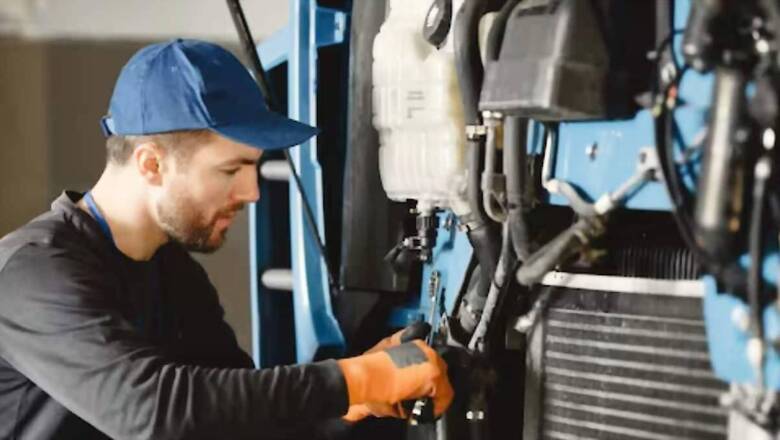
views
We all often hear the word khalasi. Be it trucks, ships, or even railways, helpers are known by this name. Have you ever wondered, from where the word originated? What is the meaning of the word khalasi? Why are the helpers called by this name? Many people on Quora have asked this question. An answer given by a person named Animesh Kumar Sinha has been making the headlines.
The word khalasi is of multiple origins. It reportedly comes from Urdu and Persian. In Arabic, it means dockyard worker, sailor, or lascar. According to historical documents, khalasis are skilled natives engaged in constructing handmade seagoing Uru boats at Beypore port town in Kerala, India. They are also known as Mappila Khalasis since most of them are traditional Mappila Muslims. In addition, they pull Urus onshore for maintenance and repairs.
Meanwhile, in the medieval period, some people were deployed to evacuate the ships of Arab merchants. These people were later called khalasi. Their main duty was to be in charge of fixing and sending the ships into the ocean. This is the reason why helpers on sea ships were called khalasi: they used to unload the goods from the ship.
During that time, in railways too, the word khalasi was used for a long time, but now the word helper is used in its place. This word is used in many languages, including Gujarati and Hindi. In English, now most people use the word helper instead of khalasi.
Earlier, the khalasis mainly relied on physical strength, skill, and teamwork. Many of them are also skilled divers. Khalasis worked under a leader called Mooppan. Khalasis mainly worked at the ports of Visakhapatnam and Cochin. The services of khalasis were utilised by the railways for retrieving bodies from the water in the Peruvian Rail Accident (July 1988).
Meanwhile, in Gujarati, the word khalasi typically refers to a worker or labourer. The word is used to describe someone engaged in manual labour, often in occupations such as a skilled worker, mechanic, or someone involved in physical tasks. The word is ALSO frequently used to describe someone carrying out different types of labour or duties that call for skill or physical exertion.



















Comments
0 comment